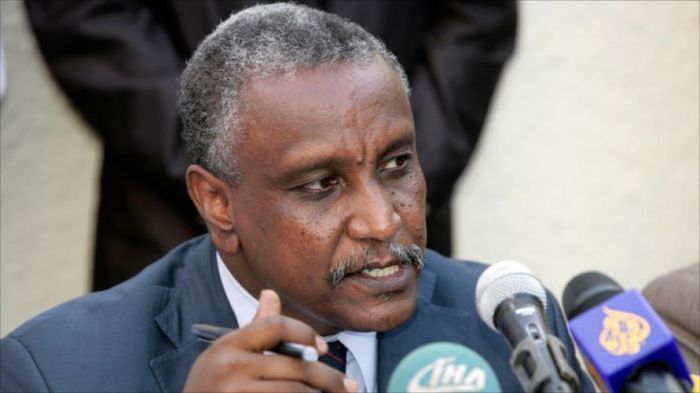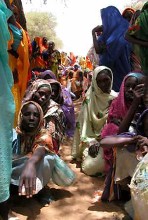Reconciliation with al-Bashir’s party means hampering democratic transition in Sudan: Arman

Recently members of a WhatsApp group gathering journalists supporting the former ruling party called to include the NCP leaders in national reconciliation and to dissolve the Empowerment Removal Committee, an anti-corruption body targeting the NCP dignitaries.
The Islamist journalists brushed aside the outcome of the December Revolution and the collapse of the former regime as they propose to hold early elections describing the ruling Forces for Freedom and Change (FFC) as minority groups.
In response to these claims, Arman stated that such calls intend to reproduce the former regime and cut the way for the implementation of the Juba Peace Agreement and the democratic transition in Sudan.
Reconciliation, “aims to reproduce the fascist National Congress Party. We cannot demand the handover of its leaders to The Hague and to cooperate with the war crimes court, and at the same time seek reconciliation with the NCP,” he said.
He further disputed the legitimacy of these calls pointing out that the al-Bashir’s party does not represent the Islamic mainstream in Sudan and is responsible for grave human rights violations.
Arman also underscored that the call for early elections aims to prevent the implementation of the peace agreement that addresses the root causes of the conflicts in Sudan and paves the way for internal and regional stability.
It aims to prevent the implementation of the peace agreement, collecting arms (…) in accordance with security arrangements, reforming and modernizing the security and military sector, and not completing negotiations with others,” he said.
The Sudanese Islamists sought until recently to organize protests against the transitional government surfing on the popular frustration from the severe economic reforms and the rampant inflation.
Last June the historical components of the Forces for Freedom and Change (FFC) including the Sudanese Revolutionary Front (SRF) and the National Umma Party (NUP) agreed to put aside their differences and form a single leadership again, following an initiative by Prime Minister Abdallah Hamdok to reunite the forces participating in his cabinet.
(ST)

